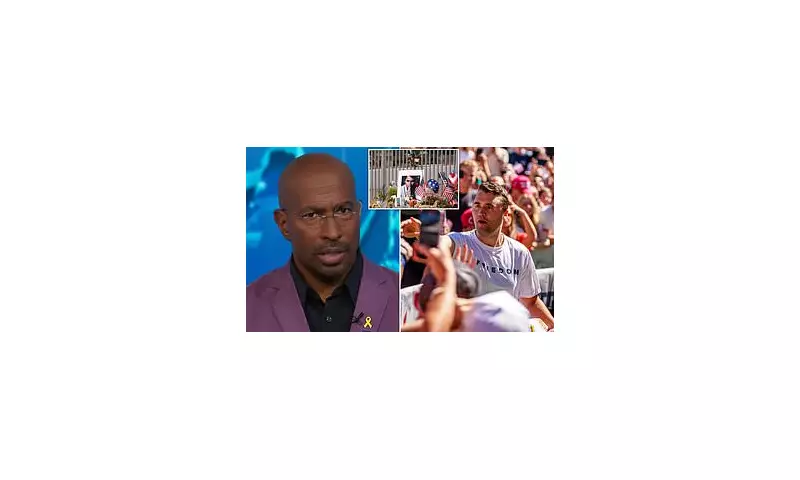
A fierce political firestorm has erupted after CNN commentator Van Jones delivered a blistering on-air rebuke to conservative activist Charlie Kirk over his controversial remarks about the September 11th terrorist attacks.
The explosive confrontation occurred during a segment on CNN's flagship news programme, where Jones did not hold back in his condemnation of Kirk's comments made during a Turning Point USA event. The liberal commentator branded Kirk's message as not just controversial but fundamentally "vile," creating one of the most dramatic media moments in recent political broadcasting.
The Controversial Comments That Sparked Outrage
At the heart of the controversy are remarks made by Kirk, the founder of Turning Point USA, during a student event. Kirk suggested that the response to the 2001 attacks, which killed nearly 3,000 people, had somehow "killed the message" of the terrorists. This interpretation sparked immediate backlash from commentators across the political spectrum.
Jones, known for his measured commentary despite his progressive leanings, appeared visibly angered as he addressed the camera. His response represented a significant departure from his typically calm demeanour, indicating the depth of his outrage at Kirk's interpretation of the tragic events.
A Clash of Ideologies on National Television
The confrontation highlights the deepening ideological divide in American political discourse. Jones accused Kirk of minimising one of the most traumatic events in modern American history and distorting its legacy for political purposes.
"This isn't just difference of opinion," Jones asserted during his impassioned monologue. "This is about basic respect for the victims and their families, and about how we remember national tragedies."
Media Analysts Weigh In on Broadcasting Ethics
Media ethics experts are now debating the responsibilities of news networks when addressing controversial statements from political figures. Some argue that CNN provided a platform for what they consider dangerous rhetoric, while others praise the network for allowing Jones to deliver such a direct and forceful counter-argument.
The incident raises important questions about how media organisations balance freedom of speech with the responsibility to challenge what they perceive as misinformation or offensive commentary, particularly when it involves sensitive historical events.
Public Reaction and Social Media Response
Public reaction to the exchange has been predictably divided along political lines. Social media platforms have been flooded with commentary, with many praising Jones for his forceful response while others accuse him of misrepresenting Kirk's original comments.
The viral moment has sparked broader conversations about political rhetoric, media responsibility, and how the nation commemorates and discusses traumatic historical events. As the debate continues to rage online and across news networks, it underscores the challenges facing media organisations in navigating increasingly polarised political discourse.





